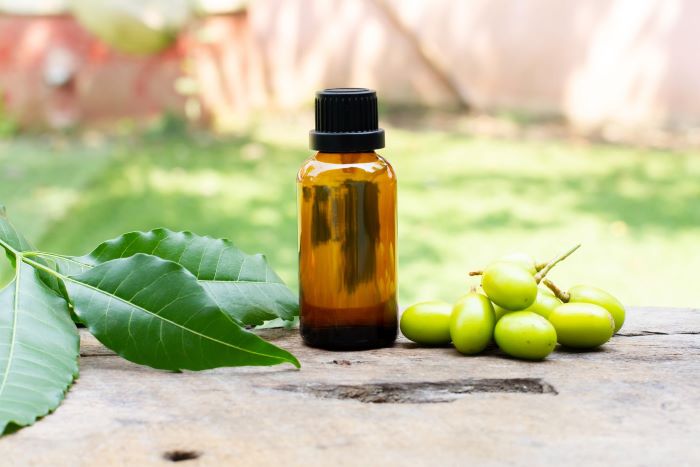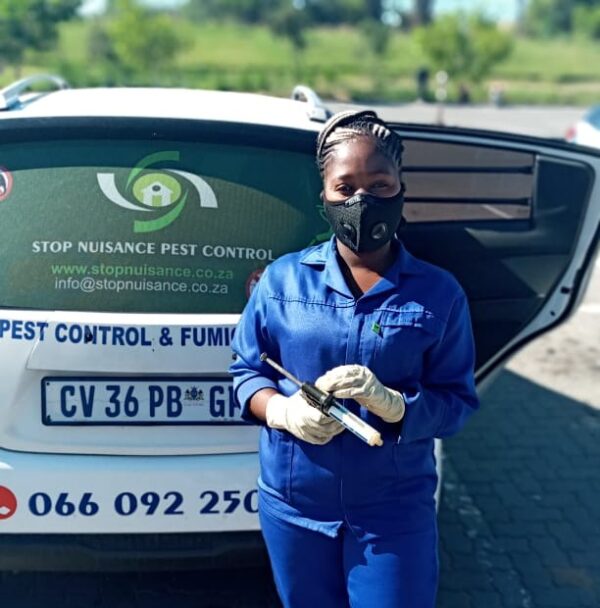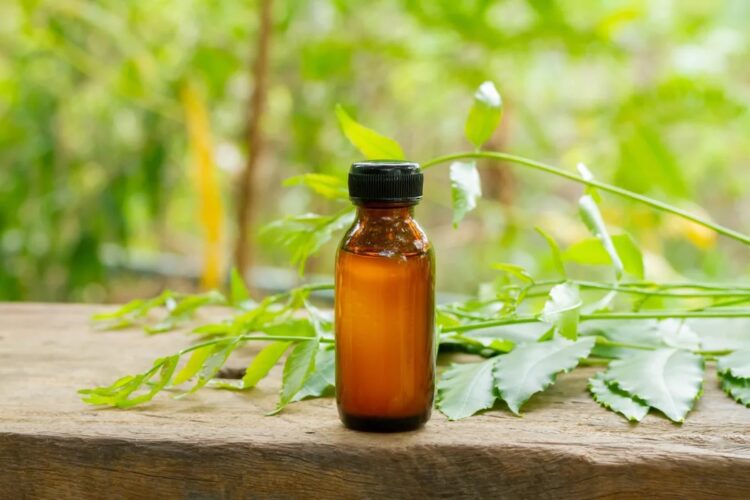As people become more health conscious and environmentally aware, they are seeking out natural alternatives for dealing with everyday problems like controlling garden pests. One natural pesticide that is growing in popularity is neem oil, which comes from the seeds of the neem tree (Azadirachta indica) native to India. Using neem oil is an excellent way to practice integrated pest management (IPM) and reduce reliance on synthetic chemical pesticides. In this article, we talk about the Benefits of Using Neem Oil in Pest Control.
Table of Contents
What is Neem Oil?

Neem oil is pressed from the seeds of neem trees. It contains low concentrations of several compounds, including azadirachtin, that give it pesticidal properties. Neem oil works as an insect growth regulator, repellent, anti-feedant and egg-laying deterrent. It inhibits insects from completing their life cycles and disrupts their behaviors. Neem oil is biodegradable and generally regarded as non-toxic to mammals, birds and beneficial insects when used properly.
Benefits of Neem Oil Insecticide
There are many excellent reasons to choose neem oil to control common garden pests:
- Neem Oil is Broad Spectrum
Neem oil insecticide kills or repels many destructive insects and mites, including aphids, spider mites, locusts, caterpillars, thrips, leafminers, ants, fungus gnats, root knot nematodes and Japanese beetles. It also controls various fungal diseases. This broad spectrum activity means you can use one natural product to tackle multiple garden problems.
- Low Toxicity to Beneficial Species
Synthetic insecticides are often toxic to bees, butterflies, earthworms and other beneficial species you want in your garden ecosystem. When used properly, neem oil has low toxicity for pollinators and natural predators. It can be a safer choice around beneficial insects. Care should still be taken to avoid spraying neem oil directly onto valued pollinators.
- No Harmful Residues
Unlike many synthetic pesticides, pure neem oil breaks down quickly and leaves no toxic residues on plants to endanger human health. The EPA has approved azadirachtin, neem oil’s active ingredient, in pesticide products for use on food crops. Always follow label directions on pesticide products containing neem oil.
- Multi-Purpose Pest Fighter
In addition to controlling insect pests, neem oil fungicide can prevent various blights, mildews, rusts and other fungi from attacking your plants. You can rely on one natural, non-toxic product to fight insect pests and plant diseases in the garden.
- Natural Insect Growth Regulator
Instead of simply killing adult insects, neem oil reduces pest populations by disrupting insects’ growth and preventing them from reaching maturity. It blocks leaf-chewing caterpillars from molting and developing into destructive moths and butterflies. The azadirachtin in neem also acts as a repellent to deter feeding.
How to Use Neem Oil Pesticide
To harness neem oil’s pest-fighting powers in your garden:
- For insect control, mix 1 oz neem oil + 1/2 oz insecticidal soap per gallon of water and spray plants, including the undersides of leaves to target pests. Ensure full coverage.
- As a fungicide, use 2 oz neem oil per gallon of water and thoroughly coat plant surfaces for protection.
- Shake the mixture vigorously before spraying. Reapply every 7-14 days until pest pressure subsides. Spray in early morning or evening.
- Add a few drops of natural dish soap to help the oil emulsify and stick to plants.
- Neem oil spray works best as a preventive treatment before pests get out of hand. Start spraying when insects first appear.
With proper timing and coverage, neem oil is extremely effective at knocking down a variety of garden pests while protecting human health and the environment. This natural pesticide and fungicide offers a safe, sustainable pest control strategy for home gardens. Carefully following directions for your particular neem oil product will lead to good results.
Other Tips for Using Neem Oil
While neem oil is generally safe when used properly, here are a few tips for getting the best results from this natural pesticide:
- Read and follow all label directions for whichever neem oil product you choose. Do not over apply.
- Spray neem oil onto plants early in morning or at dusk when pollinators are less active to allow it to dry completely.
- Target both upper and lower leaf surfaces where insects feed and lay eggs. Get thorough plant coverage.
- Shake the spray mixture vigorously before and during application for even coverage.
- Add a bit of natural soap to help the oil stick and spread on plants.
- Wear gloves, long sleeves and pants when spraying to avoid skin irritation. Avoid inhaling spray mist.
- Don’t spray neem oil in direct sun or temperatures over 90°F to prevent leaf burn.
- Rotate neem oil with other IPM strategies like insecticidal soaps for better pest control.
With proper safety precautions, neem oil can be an extremely effective pesticide for home gardeners seeking safer, eco-friendly options for controlling insects and diseases. When used wisely, this natural oil has good potential to reduce reliance on synthetic pesticide chemicals.
As neem oil grows in popularity, more gardeners will discover the benefits of harnessing this botanical insecticide, fungicide and miticide for a healthy landscape ecology. I sincerely hope you find this “Benefits of Using Neem Oil in Pest Control” article helpful.

With over 5+ years of experience in pest control and a PhD in Entomology, our author brings a blend of scientific knowledge and practical expertise to Pestifier.com. Passionate about creating pest-free environments, they provide effective tips and strategies for managing and preventing pest infestations. Connect on Facebook for the latest updates and insights.

